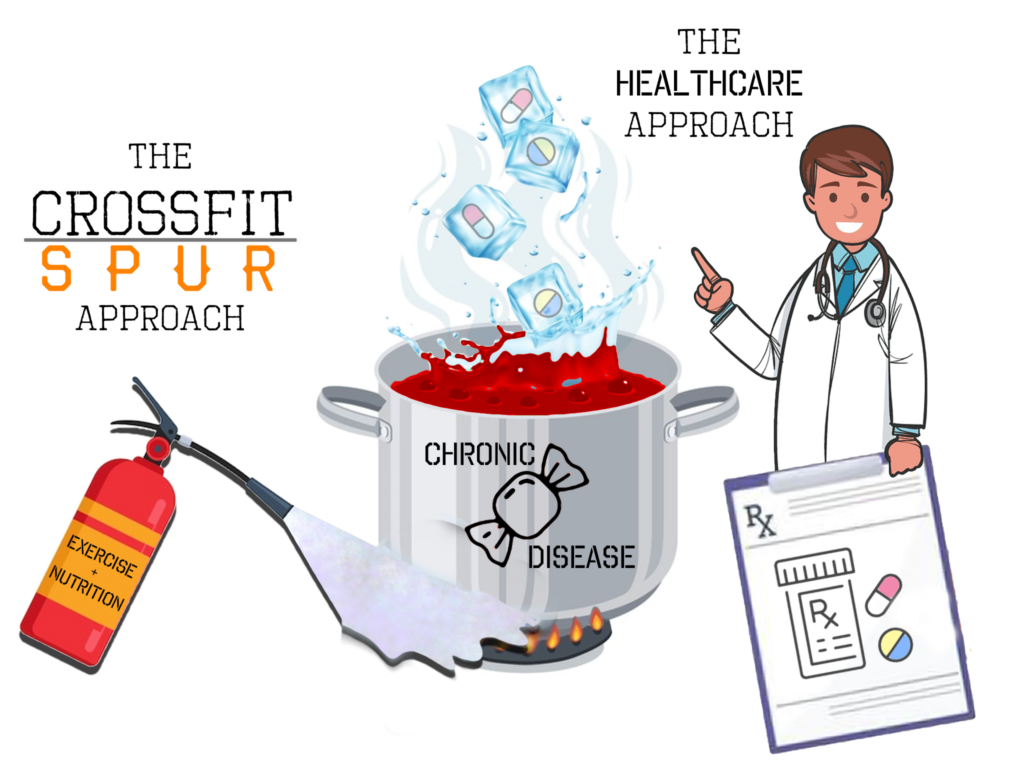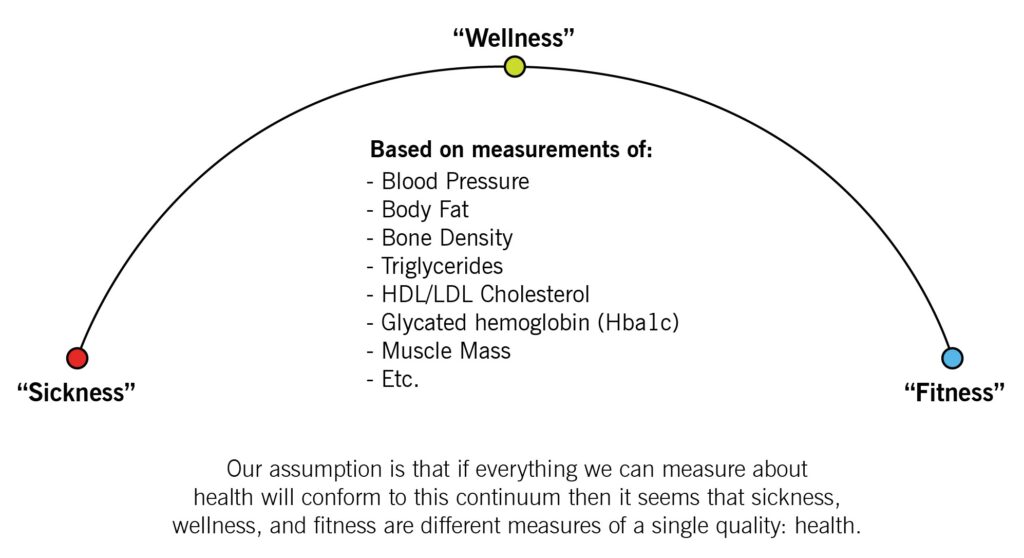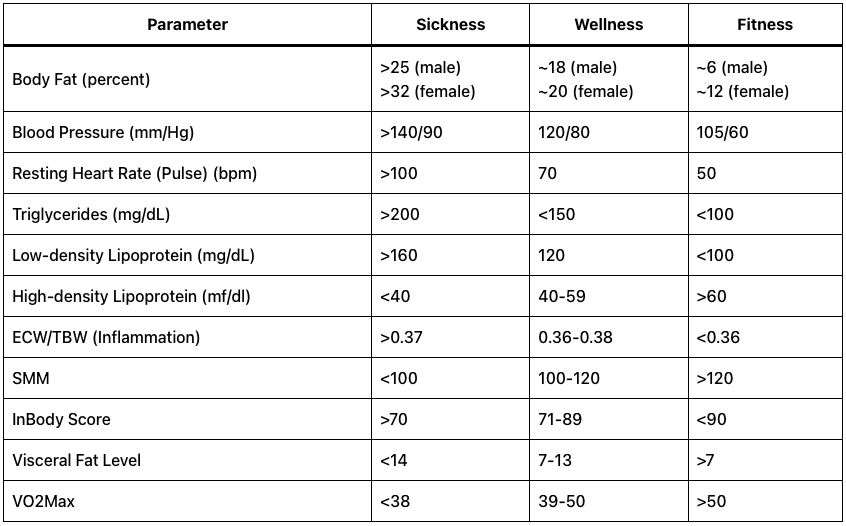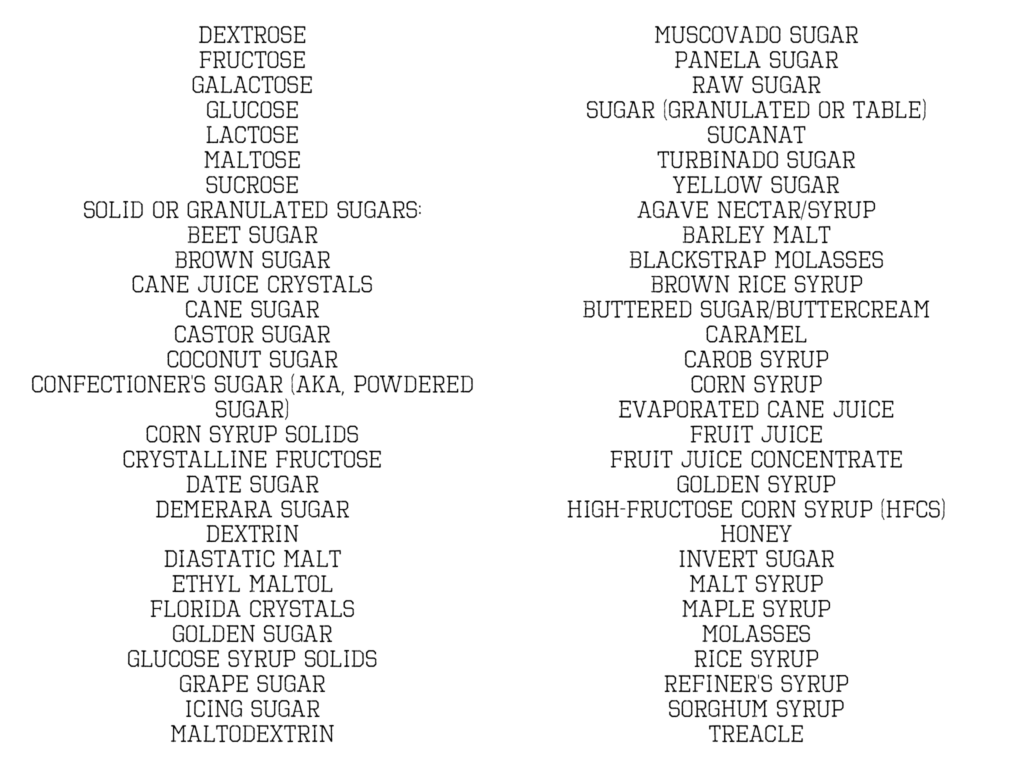One of the reasons I chose “back to our roots” as the title for this blog is because I wanted to highlight the origins of CrossFit Spur and the methodology that inspired me to get started.
It also hints at the root cause of our current metabolic health crisis. It’s within this root cause we find solution to our problems. However, somewhere we lost our way and have been conditioned to believe that managing our symptoms through pharmaceutical intervention is the only answer.
This management of individual symptoms flies in the face of physiology. The human body is an amazingly intricate and efficient organism consisting of many systems working synergistically.
The thought that each system operates independently and manipulating it through “symptom management” will have no impact on other systems is absurd. Yet, this is the basis of our current healthcare system.
The “management” of a single symptom is often at the expense of other systems. This causes a chain reaction resulting in people taking ancillary medications to “manage” additional symptoms of other systems arising from the side effects of the primary medication.
Yet, when it comes to metabolic dysfunction none of these medications do anything to correct the root cause of the symptoms.
The toll pharmaceutical intervention takes on our bodies can be devastating.
You’ve all heard the fast talking narrator at the end of the commercials.
This is an ACTUAL list of potential symptoms of a drug which is currently very popular.
May cause serious side effects, including:
Possible thyroid tumors including cancer, inflammation of the pancreas, lightheadedness, blurred vision, anxiety, irritability, sweating, slurred speech, hunger, confusion, shakiness, weakness, headache, rapid heartbeat, kidney failure, swelling of the face lips or tongue, problems breathing or swallowing, yellowing of the skin or eyes, fever, severe rash, fainting, nausea, vomiting, diarrhea and constipation.
Imagine your metabolic health as a pot of water that’s boiling out of control.
Modern medicine uses pharmaceutical intervention (ice cubes) to manage the symptom (boiling) by cooling down the water. The medication (ice cubes) will need to be administered for the rest of your life in order to keep the pot from boiling over.
Lifestyle change (scientifically backed nutrition and exercise intervention – aka: CrossFit) will address the root cause by putting out the fire. This approach solves the problem, eliminates the symptom and no negative impact on other systems.

So how do we put out the fire?
We’ve already determined in the last post that CrossFit Spur members have the exercise part under control. Show up to three or more classes per week, follow the guidance of your coaches and we’ll handle the rest.
But what do we do about the nutrition? Once you leave the gym all decision making and accountability falls on you and you alone.
First is understanding sugar as public health enemy number one. As explained in the last post, it’s not the empty or excess calories that make sugar bad. It’s the physiological reaction that takes place when there’s too much of it in our body.
This reaction is called glycation and is strongly associated with most of the major metabolic illnesses, including but not limited to:
- Obesity
- Diabetes
- Atherosclerosis
- Alzheimer’s
- Cataracts
To put the fire out you must first be aware of how you’re fueling it.
If you have or are at risk of having any of the metabolic disorders listed above your first and only nutrition goal is to eliminate sugar and refined carbohydrates.
Without accomplishing this first there is no point spending time and energy tracking other metrics like calorie intake, macronutrient ratios, sleep, recovery, cholesterol, etc. These are all negatively impacted by glycation so measuring them while they are being influenced by sugar is pointless.
Even monitoring blood glucose (CGM / finger prick) or glycated hemoglobin (HbA1c) aren’t helpful without eliminating sugar. Sure they’ll help you understand what foods impact your blood sugar, but we already know what refined carbohydrates are going to do without seeing it on a chart.
Unfortunately sugar is everywhere. Some of you may have seen the display on the front desk at Spur. This will be updated with sugar containing food items that may (or may not) surprise you and help keep awareness as your first thought when you see food.
You should always try to eat foods that have no label (meat, fresh vegetables, nuts, seeds, fruit) but when you do consume something from a package make a habit of reading the label first and if it has sugar don’t eat it.
A nutrition coach can’t be with you 24/7 to hold you accountable for your decisions.
You could conveniently “forget” to log the sleeve of Oreos you eat before bed every night, show me your food journal and be perplexed by the lack of progress even though your journal shows you’re sticking to the plan.
You’ll know why your progress is slow. And, after many years of doing this I know too.
We’ve already determined the standard (no sugar) but it’s up to you to determine how strictly you’d like to adhere to that standard. Being more strict will yield more progress, and if you’re not seeing any progress it’s extremely likely we both know why.
Setting goals that are too strict often results in failure. But, setting goals that are too lenient often results in slow progress if any at all. It really falls on you, not the coach to determine how strictly you can adhere to that standard. Some people do best with baby steps while others can go all in and stick with it. You know you better than any coach.
Again, that standard is 0 – No sugar.
* fruit and vegetables are an exception – NOT fruit/vegetable juice
Closer to 0 gets you closer to fitness.
Farther from 0 moves you closer to sickness.
But don’t I need a plan that’s specific to me?
There’s a lot of marketing in nutrition that makes you believe you need a very specific plan which caters to your exact needs and goals.
If you’re an unhealthy human being your initial needs and goals are the same as every other unhealthy human being. Get off the carbs and off the couch.
Once you’re past wellness and moving toward fitness you can start worrying about the specifics, but the simple steps will yield the greatest results at the beginning. Focus on that first.

Those falling somewhere between “sickness” and “wellness” should ONLY be concerned about eliminating refined carbohydrates and getting to Spur 3 times per week.

Consistency
If you have or are at risk for any of the previously discussed metabolic disorders chances your decision making hasn’t been great when it comes to nutrition.
Making good nutritional choices is hard. Seemingly everything is working against you. Deceptive marketing, unreliable information and people who are more concerned about your money than your health.
And once you start making poor nutritional choices it’s a very slippery slope. Once you decide “it’s only one” it becomes much easier to say “what’s one more”.
On top of that, refined carbohydrates create a vicious cycle with our metabolism.
Every morning at 4:40am when I get my coffee at Stewarts I’m faced with a whole counter full of doughnuts, pastries, muffins and apple fritters. They stare me right in the face as I fill my cup.
I could grab a small doughnut and probably eat it before I even make it to Spur. No one would ever know and its just ONE little doughnut.
That one small doughnut however is a step in the wrong direction, moving me one step closer to metabolic illness. These tiny steps in the wrong direction add up slowly and often go unnoticed until it’s too late.
Physiologically that doughnut will quickly spike my blood sugar and as blood glucose rises my pancreas releases insulin to chase it down and get it out of my blood.
By 7:30am my blood sugar will have plummeted and I’ll be starving. This often results in grabbing whatever is most convenient, usually another quick snack high in refined carbohydrates that starts the cycle over again.
This is known as reactive hypoglycemia. In an attempt to regulate the sudden spike in blood sugar the body will sometimes overcompensate and release too much insulin resulting in a crash. The repeated spike and subsequent drop in blood sugar creates chaos with the regulation of insulin and other hormones. If this happens frequently (by eating refined carbohydrates) you’re more likely to gain weight, develop insulation dysregulation, type 2 diabetes and a host of other metabolic derangements.
Had I skipped the doughnut I would make it through the morning classes with my blood sugar levels remaining low and experience no crash or unnecessary hunger. I’d eat eggs which are high in fat and protein at 8am or even 10am because I wouldn’t be starving. My blood sugar would remain at an acceptable level after eating and I’d be full until lunch time.
The doughnut is a pretty obvious example of a refined carbohydrate, but below is a list of 50+ names or types of sugar.
If you read the label and see “added sugar” or a large number alongside the carbohydrate or sugar content there’s no need to read any farther. Put it down and find something else.
But if you’re interested in seeing how many different ways companies try to sneak sugar into your food take a look at the list below.

Review
- Be Aware: know what’s going into your body and avoid things that fuel “the fire”
- Be Consistent: it won’t work if you only do it sometimes – the more you do it the easier it gets
- Avoid Temptation: if it’s not in the house, you can’t eat it.
- “but the kids have it in their lunch” —> that doesn’t mean you HAVE to eat it, and they shouldn’t be eating it either or they’ll end up in the situation you’re in right now.
- The Goal is Always 0: that doesn’t mean you can’t enjoy life. Eat for health 6 days a week and take one day for enjoyment. Go out to dinner, have a bowl of ice cream, enjoy a doughnut with your coffee – but don’t make it a habit. This should be a rare occasion.
- Ask Questions: don’t be afraid to ask questions about anything. Part of developing awareness is diving deeper into things you’re unsure of.
Please join us on Wednesday December 4th, 2024 @ 6:30pm for a Nutrition Q&A. We will dive a little deeper into the CrossFit methodology and why nutrition is the most important component of the program.
We will answer any questions and provide some tips and guidance.
